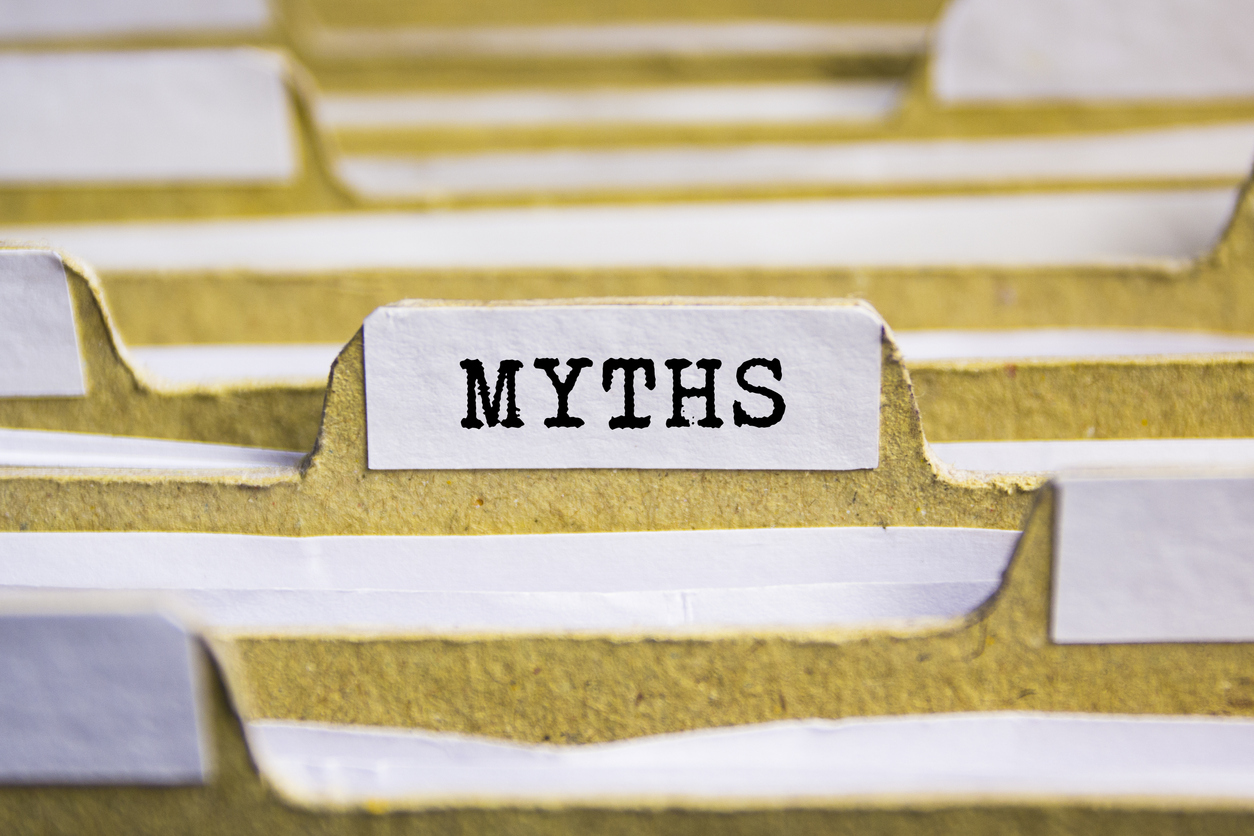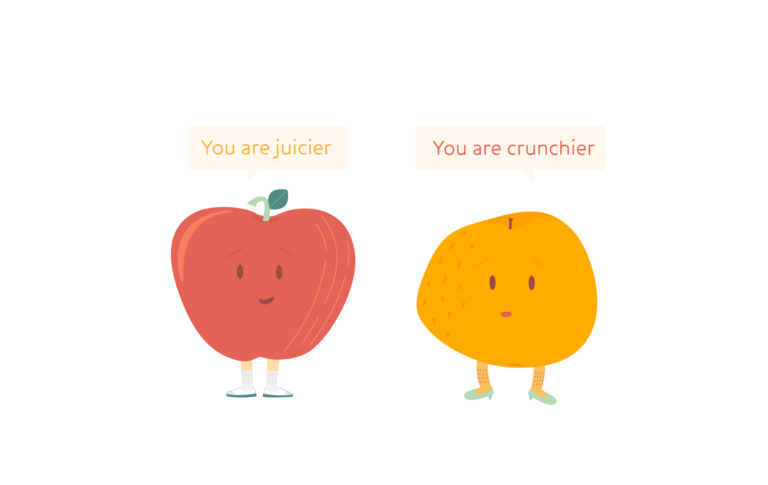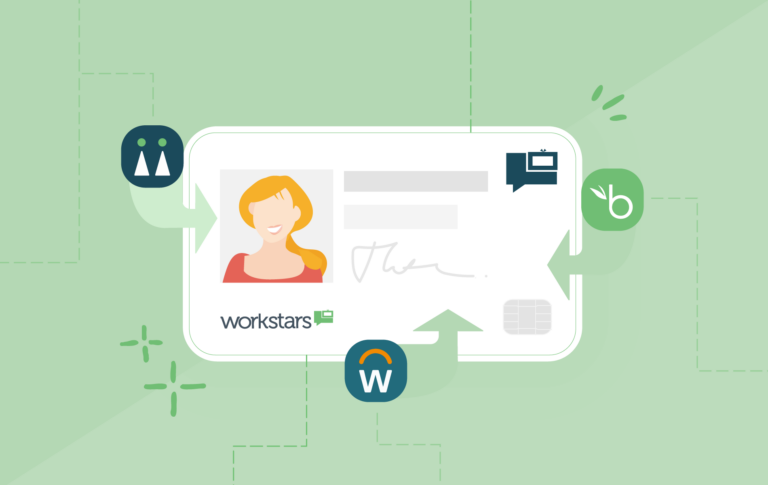Employee recognition myths
I don’t think there are many companies left out there who still don’t believe that employee recognition can deliver big benefits. But understanding that fact is only half the story. Many companies get it and set up employee recognition programmes to try to achieve those big benefits – only for it to fall completely flat.
Why is this happening? Because those companies are still clinging on to outdated beliefs about the best ways to recognise, engage and motivate their employees – and here are 4 of the biggest employee recognition myths.
1. Money’s the main motivator
I’m not saying money doesn’t matter. Of course it does, people have bills to pay. But research is telling us that as long as people are fairly paid then, after that point, money stops being a motivating force.
Think about it. If your employees see their relationship with you as just being about taking your money in exchange their work, then the relationship’s solely an economic transaction. Not much of a foundation for building engagement is it?
Even worse. Many companies think they can increase engagement via competitive reward programmes. It might motivate the handful of employees who eventually get the reward. The majority who don’t get anything will probably end up more disengaged than ever.
If you want a deeper commitment from your employees, you need to look beyond material things and think about ways to strengthen the relationships instead.
2. Employees are motivated by the same things
Attempts to increase workplace motivation up until now generally focused on the idea that there’s a neat solution, a simple option that if offered to employees will lead to big increases in their motivation.
But if you think about this, it’s a strange thing to assume. You don’t need a degree in psychology to know people are different and that’s very likely to mean they’ll value different things. And does it make sense to try and guess what people want when you could just ask them? Is there anything your company can do to make their lives more pleasurable, easier or less pressured inside and outside work?
You may well be surprised by the answers. For some people, it might be tangible rewards but for others, it’ll be things that have absolutely no physical cost. For some, it’ll simply be knowing that colleagues have seen what they’re doing and have shown genuine appreciation for it.
3. Top down praise means the most
No, it doesn’t. All kinds of recognition matter and often it’s the praise that comes from immediate managers and colleagues that have the greatest significance.
Top down recognition can smack of senior managers and directors going through the motions. That’s particularly true if your company is large and the managers and directors are remote to most employees. Employees are going to be pretty cynical about any kind of recognition that lacks sincerity.
And as we’ve already established one size doesn’t fit all anyway, just limiting recognition to top down only is probably not going to be particularly motivating to a chunk of your employees anyway.
4. It doesn’t matter when you say thank you as long as you say it
Saying thank you eventually is better than never saying it. But only just. What kind of praise would you like to receive? Something that’s immediate, meaningful and personal? Or a generic note sent out several weeks after the actual behaviour or event took place? Would you even remember the details of what you did back then?
It shouldn’t surprise you to hear that the most effective kind of recognition happens regularly and it happens in the moment or as close to in the moment as possible. Make your recognition about specific behaviours and/or outcomes. And it’s also a great opportunity to provide constructive feedback too. People will be a lot more receptive if they know you value the effort they’ve made and are simply helping them find ways to achieve even more.


 How Machias Savings Bank improved employee satisfaction and increased commitment to company values
How Machias Savings Bank improved employee satisfaction and increased commitment to company values
 Great managers vs natural leaders: What’s the difference (and does it matter?)
Great managers vs natural leaders: What’s the difference (and does it matter?)
 Workstars now integrates seamlessly with the HRIS you use every day
Workstars now integrates seamlessly with the HRIS you use every day